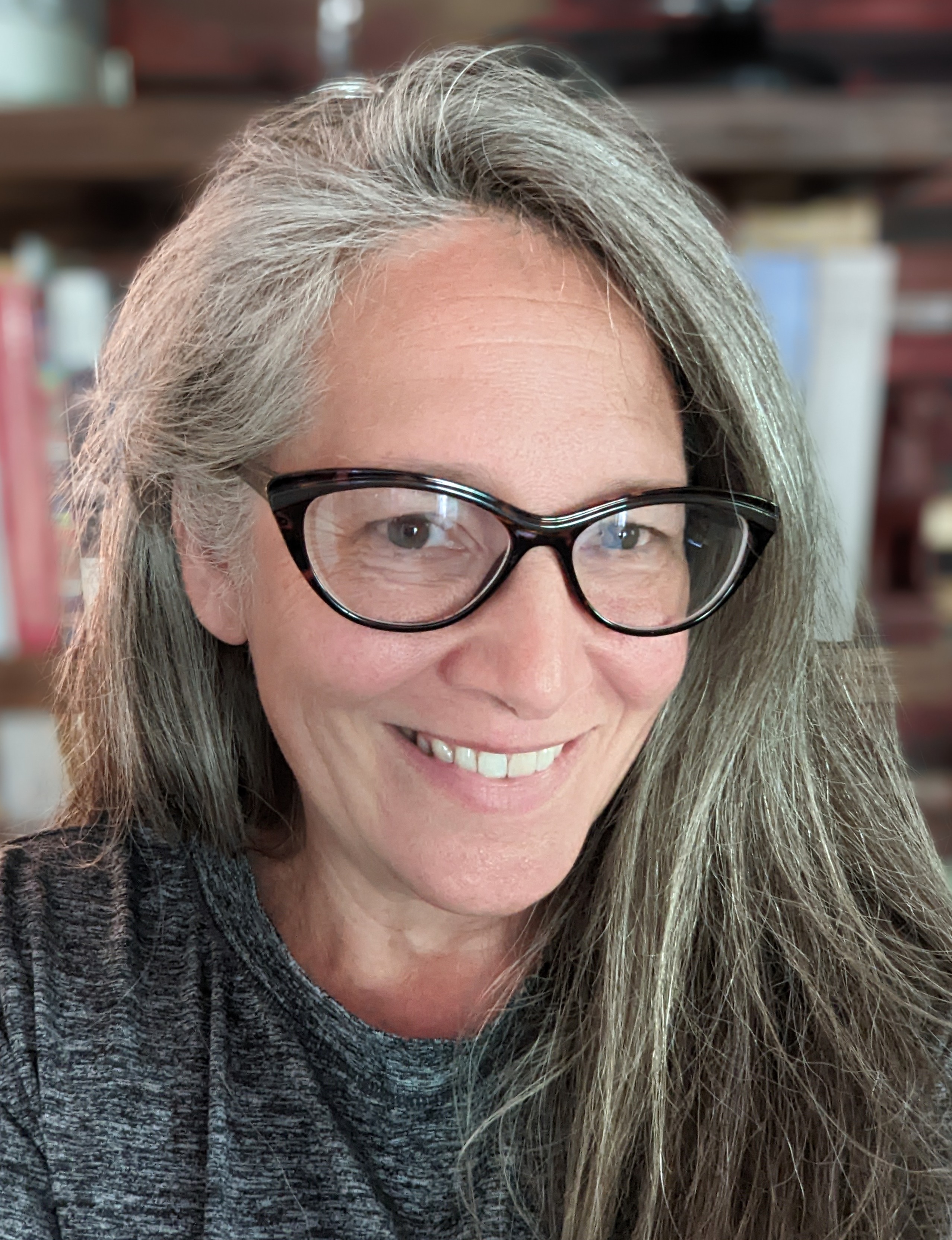
In today's educational landscape, diversity and inclusion have become essential principles, whether in traditional classrooms or virtual learning environments. Prioritizing inclusive practices to foster student growth and ensuring a comfortable and supportive atmosphere are paramount to delivering quality education. As we witness a significant shift towards online teaching and learning, it becomes even more crucial to explore how diversity and equity can be effectively promoted within these evolving technological spaces.
Advancing DEI and Creating Inclusive Environments in the Online Space (ISBN: 9781668451465) is a recent groundbreaking book led by an award-winning editor, Dr. Nina McCune. This thought-provoking book delves into the essential process of creating caring and inclusive teaching and learning environments in online postsecondary institutions. Dr. McCune's work tackles key issues, including collaboration, engagement, resources, student support, course design, and faculty development, all aimed at fostering diversity, equity, and inclusion within the online educational landscape. By offering invaluable insights and strategies, this publication sets out to transform online spaces into inclusive environments that empower and support learners from all backgrounds. Join us as we explore Dr. McCune's profound expertise and delve into the transformative ideas presented in this important work.
What was the driving force or motivation for starting Advancing DEI and Creating Inclusive Environments in the
Online Space?
Dr. McCune: So the driving force behind this work was the fact that in distance education the conversation is a little stalled. We talk about how to put our courses together, kind of what the best practices are for logging into courses, but we really haven't started to investigate how how we create any sense of equity or inclusion in our courses. There is a little bit of work that's been done, but this book pushes the bigger conversations about being intentional throughout the entire university, which are absent from the current conversation. So that gap in the literature is something that we took seriously, and we tried to correct it by contributing new thoughts to the field.
What specific problems does the book addresses?
Dr. McCune: The problem that I think has become even more important to address in the past few months is this sense of "How do we ensure that students who engage in online courses persist," and "How do they feel that they belong," "How do they see themselves in the curriculum?" What does a university do, from its strategic plan, all the way through, is to provide academic and student support services to make sure that students are seen, valued and heard. I think this is something that as we become embroiled in political rhetoric, people become afraid of talking about these things. And I'm hoping that one of the things that this book can do is provide a calm support for academics who are trying to figure out how to create welcoming environments in their online courses.
What do you think that publishing this book will change in your field of study?
Dr. McCune: I'm hoping that by putting this material out there, it will give others a lot of food for thought. For example, in our case, an adult learner, and and how mutual inquiry and person-centered focus can support their their learning and support inclusivity. I'm hoping that when it comes to thinking about what course materials you are going to put into your class, if it's an Open Educational Resources (OER), or you're looking at regular publisher materials, that you'll think about things like systemic bias within the course materials. If there's truly adequate representation in the materials and the assignments that you create and I'm I'm hoping that we can broaden the discussion to this big, big framework of the social determinants of health, and I know that seems like a stretch. But if we start to think about the entire parts, all of it, we start to think about all of the parts of what makes a student a student, what makes a learner a learner, if they come from a specific background and a specific neighborhood. They have physical and mental health situations, they have different social supports, different cultural contexts, and I think within that there's power to understand why some student groups experience different outcomes when they're exposed to the same learning environments. And so, by publishing this book, I'm hoping that we can deepen the conversation.
I'm hoping that it makes the learning environment beyond this, what are the best practices for logging in - beyond the "bean counting," if you will, of putting together an online course.
How does your professional background support your ability to be the authority on this book?
Dr. McCune: I think each of the authors comes from years and years of experience, and I know some people add up those numbers. I don't like math, but I I know that everyone who contributed brings just such a wealth of experience. Not everyone started in the four year space or in the Graduate School space. I myself, for example, started in the two year space and I think that just that kind of diversity in and of itself, the different kinds of schools, public, private, and it provides such a broad overview of learner experience and learner expectations.
Have you been recognized for an academic excellence or any other related achievement in this field?
Dr. McCune: I am very, very, very happy to share with you that our first chapter on the learning model, just one a silver award from the United States Distance Learning Association and we have been on present at conferences around the United States. Talking with hundreds of people about the book.
How diverse are the experts behind the research that went into the book?
Dr. McCune: The experts have a vast diversity of lived experience on and age, gender. They represent some of the most interesting thought diversity in the field as well, and I'm gonna say I acknowledge the fact I'm a white woman on in this space, and I think that's an important thing to say out loud. My goal in this is to support those scholars and those researchers and those student support staff who might not otherwise have visibility in this space. And so, what I look like what I sound like, my gender, race, and class has very little to do with with with the team of authors, brilliant authors that contributed to this work.
About the Editor

Nina M. McCune has served as faculty and in leadership positions, with an increasing focus on interventions that strengthen equity outcomes. In 2020, she was awarded a NISOD Award for Teaching Excellence, and the Sean and Jennifer Eplett Reilly Chancellor's Endowed Professorship at Baton Rouge Community College, due in part to an Equity Institute she launched to improve persistence and completion within general education course outcomes. In 2021, she joined Walden University as the Associate Dean for Inclusive Teaching and Learning environments, where she collaborates and directs systemic transformations that elevate the inherent worth, dignity, and humanity for all involved in the learning process. Dr. McCune holds an EdD in Adult Learning and Development with a specialization in Community College Leadership from Northwestern State University in Louisiana, a MA in the Social Sciences with a concentration on History, and a BA in Germanic Languages and Literature from the University of Chicago.
About IGI Global
Founded in 1988 and headquartered in Hershey, Pennsylvania, USA with a subsidiary office (IGI Science and Technology, Ltd.) operating out of Beijing, China, IGI Global is a leading medium-sized independent international academic publisher of scholarly reference sources. They are committed to facilitating the discovery of pioneering scientific research that enhances and expands the body of knowledge available to the research community through traditional and open access publishing workflows. Working in close collaboration with more than 200,000+ expert researchers and professionals from leading institutions, IGI Global publishes quality peer-reviewed content in three major academic subject areas:
Learn more about IGI Global
here.
Author NewsEducationBooks & E-Books